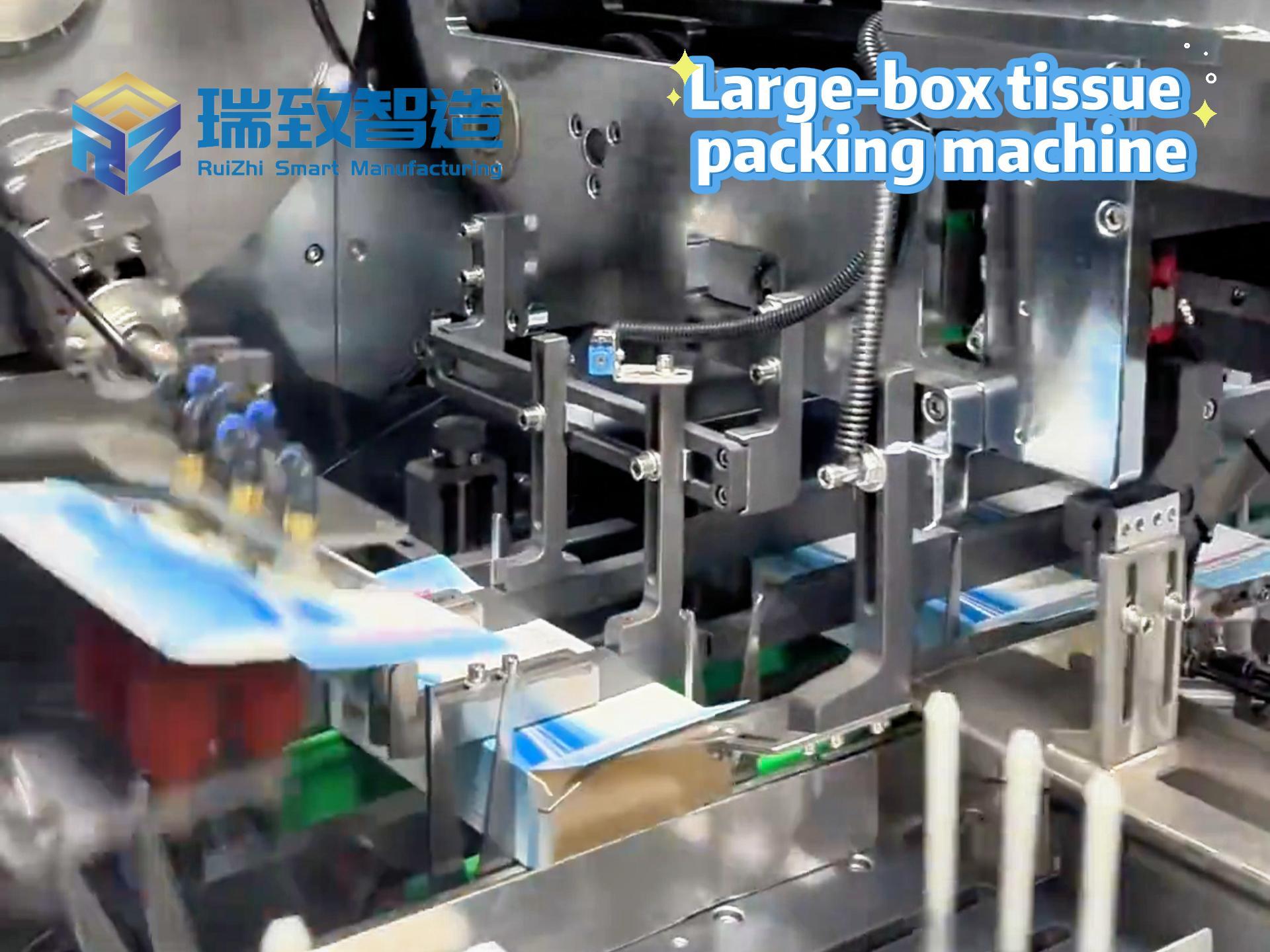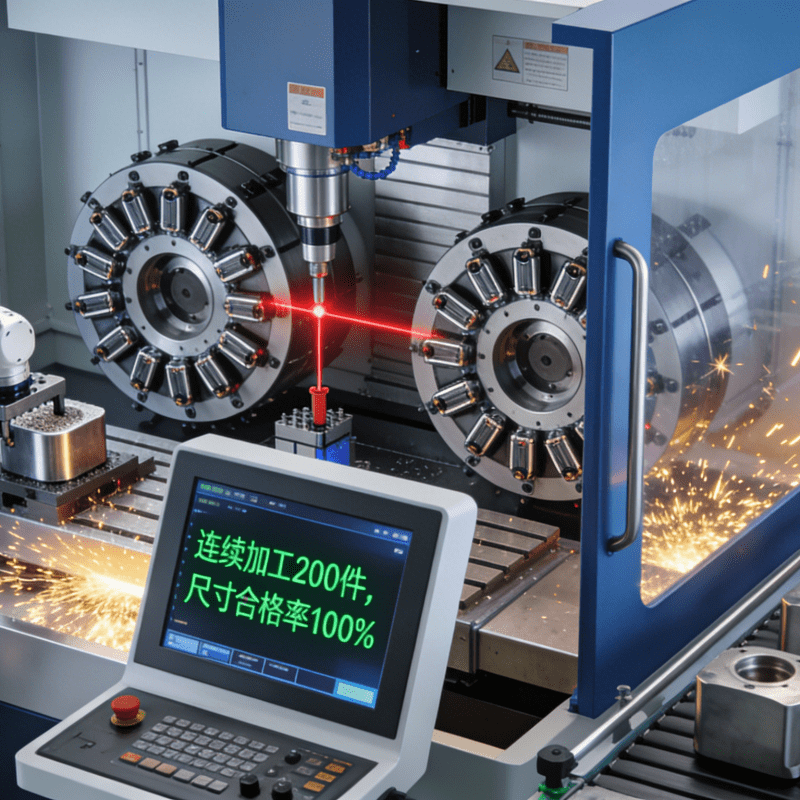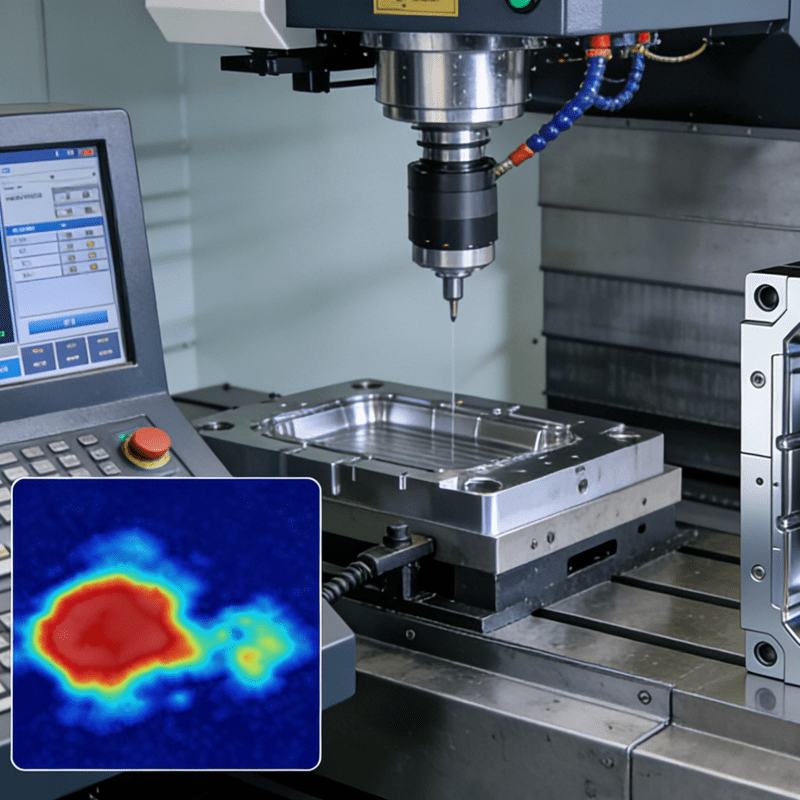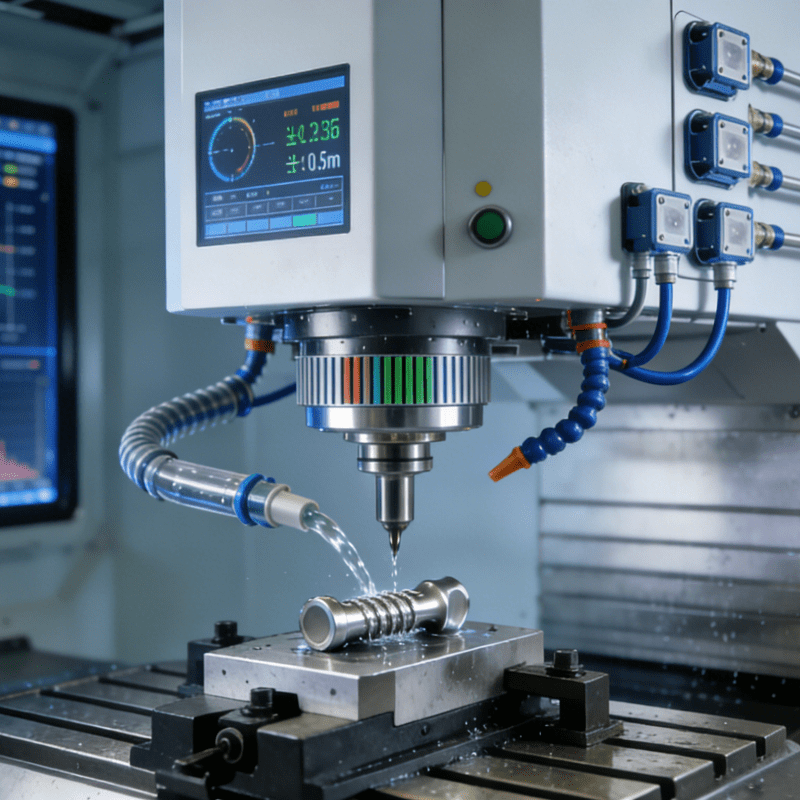Table of Contents
ToggleArtificial Intelligence and Machine Learning: Reshaping the Intelligent Genes of Manufacturing Systems
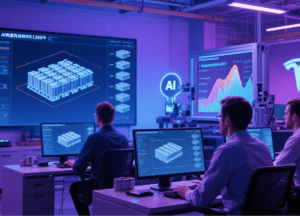
Driven by breakthroughs in deep learning algorithms and the precipitous decline in computing costs, artificial intelligence (AI) is upgrading from an auxiliary tool to the core engine of manufacturing systems. Data from the China Academy of Information and Communications Technology shows that the global industrial AI market reached $48 billion in 2023, with a compound annual growth rate of 38%. Its value penetrates the entire lifecycle from design and R&D to after-sales service, propelling manufacturing from “labor-intensive” to “algorithm-intensive”.
一、Design End: Generative AI Usher in the Era of Innovation Democratization
The battery module design revolution at Tesla’s Berlin factory marks AI’s entry into the core of innovation: When engineers input design goals such as “energy density ≥260Wh/kg, cycle life at -30℃ ≥3,000 times”, generative AI automatically generates 1,200 structural schemes within 48 hours. After screening via multi-physical field coupling simulation, the final scheme reduces weight by 15%, lowers thermal diffusion risk by 40%, and shortens the R&D cycle from 18 months to 3 months. This “AI-aided design” model creates miracles in medical devices: Medtronic uses generative adversarial networks (GANs) to optimize the electrode structure of pacemakers, reducing lead impedance by 22%, extending battery life by 18 months, and cutting R&D costs to 1/5 of traditional trial-and-error methods—AI transforms complex precision design from “expert experience” into “systematic capability”.
二、Production End: Reinforcement Learning Builds a Dynamic Optimization Hub
In the core link of electronics manufacturing—the SMT chip placement workshop—Luxshare-ICT’s AI scheduling system in Kunshan Plant demonstrates a global vision beyond human capabilities: The system processes the nozzle status of 800 chip mounters, the loss rate of 500 materials, and the priority of 2,000 orders in real time. Through deep reinforcement learning algorithms, it generates dynamic schedules every 10 minutes, reducing the chip mounter’s material throwing rate from 0.8% to 0.3% and increasing capacity utilization from 65% to 89%. When a chip mounter suddenly suffers nozzle blockage, the system completes capacity redistribution within 3 seconds, avoiding the 15-minute downtime loss caused by traditional manual intervention—equivalent to recovering 30 million yuan in output value annually, showcasing AI’s real-time decision-making ability under complex constraints.
三、Quality Inspection End: Machine Vision Breaks the Limits of Human Senses
The AI quality inspection system at Apple’s Foxconn Zhengzhou Plant represents the technological peak of industrial vision: A 12K resolution linear array camera scans the backplane of mobile phone glass at 300 frames per second. Combined with the Transformer vision model, it can identify 0.02mm-level edge cracks with 99.94% accuracy and a miss detection rate below 0.001%. The system automatically labels 150,000 new defect images daily and realizes multi-factory model sharing through federated learning, increasing the group’s overall quality inspection efficiency by 40% and reducing customer complaint losses by 80 million yuan annually. In the automotive painting workshop, BMW Shenyang Plant’s AI color difference detection system improves color matching accuracy from △E=1.5 to △E=0.8, reaching the visual limit of professional colorists and achieving a qualitative leap where “machine vision surpasses human vision”.
四、Service End: Predictive Maintenance Reconstructs Industrial Ecology
General Motors’ OnStar system has evolved into an AI-driven full lifecycle management platform: By analyzing OBD data from 17 million vehicles, the AI model can predict thermal runaway risks in power batteries 28 days in advance with 92% accuracy. In after-sales service, the AR remote maintenance system, combined with computer vision recognition technology, guides dealer technicians to handle 85% of faults, shortening average maintenance time by 55% and reducing warranty costs by 30%. This “product-as-a-service” model is reconstructing the manufacturing industry’s profit logic. Accenture predicts that by 2030, 30% of manufacturing enterprises’ revenue will come from AI-based value-added services, making AI the key to unlocking the gold mine of the after-sales market.
五、Technical Challenges: Evolution from “Black Box” to “Transparency”
With the industrial adaptation of large models like GPT-4, self-supervised learning technology enables AI to learn autonomously in unlabeled data scenarios. A domestic photovoltaic enterprise used this technology to reduce the labeling cost of silicon wafer defect detection by 90%, solving the pain point of “data without labels” in industrial data. In the field of decision interpretability, Bosch’s “Glass Box” AI system disassembles the AI decision chain into traceable physical processes such as “chip placement pressure fluctuation→pad deformation→signal attenuation” through causal reasoning visualization technology, increasing engineers’ trust in AI decisions from 65% to 92% and pushing human-machine collaboration into a stage of “deep mutual trust”.
When AI algorithms begin to understand the physical essence of manufacturing processes, and machine learning models can autonomously optimize production strategies, the manufacturing industry is undergoing a “smart gene” transformation. From design drawings to product delivery, from production sites to after-sales services, AI is no longer an isolated tool but a “digital soul” integrated into manufacturing systems. In the future, with the development of neuro-symbolic systems, AI will combine the pattern recognition ability of deep learning with human logical reasoning, driving smart manufacturing from “weak intelligence” to “strong intelligence” and opening a new era where algorithms define manufacturing.
“smart manufacturing” “smart manufacturing week” “smart manufacturing engineering”

